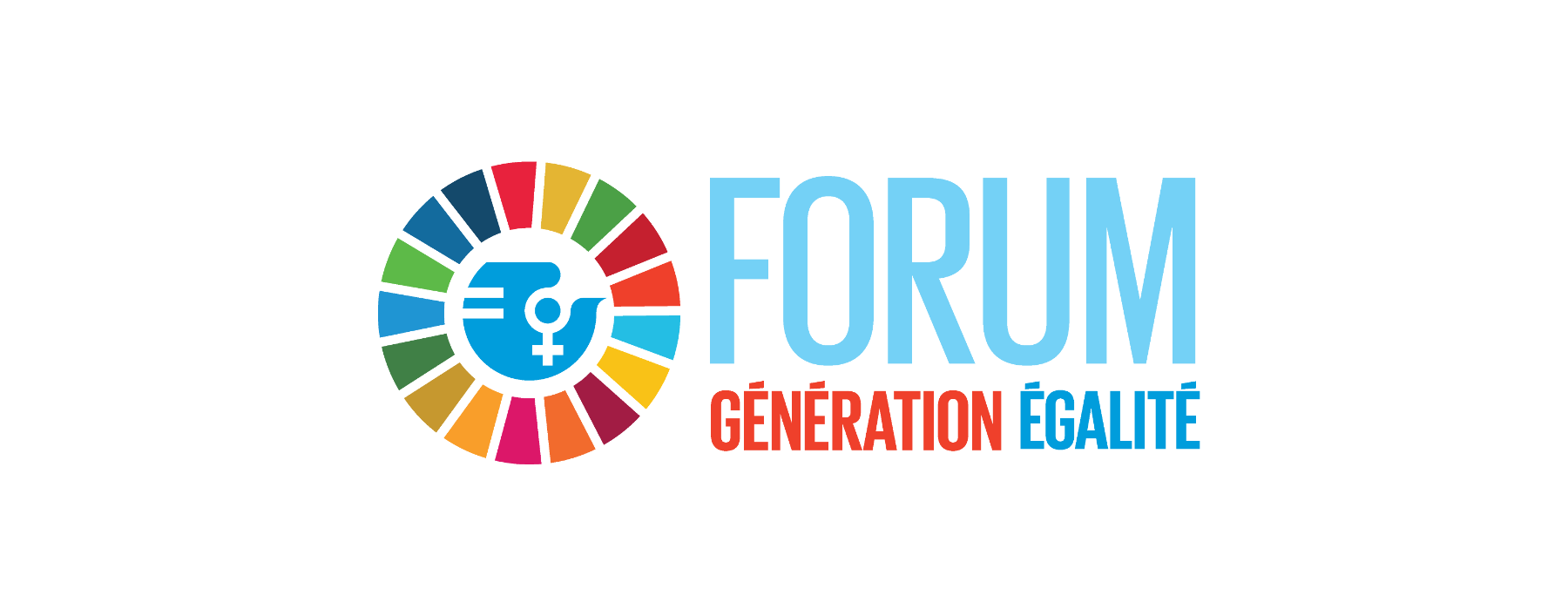On the occasion of the Generation Equality Forum, the International Organisation of La Francophonie is organising, on the initiative of the High Council for Equality between Women and Men, the first-ever gathering of the consultative bodies of 16 States and governments of the French-speaking world, responsible for evaluating public policies on gender equality and formulating recommendations.
These bodies, from different geographical areas, decided to share their expertise and formulated common recommendations, presented during the event “La Francophonie au rendez-vous pour l’égalité avec les instances consultatives” on 1 July.
These 21 recommendations focus on three themes: strengthening women’s economic empowerment, guaranteeing women’s access to decision-making spheres, and strengthening the evaluation and warning role of consultative bodies. They are a response to the current crisis situation, which requires ambitious public action and innovative measures.
In particular, the bodies recommend
Systematically integrate gender equality issues into the heart of economic and social recovery plans, from the moment they are drawn up and during their implementation, monitoring and evaluation.
Develop tools and methods to assess and compare the value of work and achieve equal pay against objective and gender-neutral criteria.
Encourage the member states and governments of La Francophonie to adopt laws on parity in decision-making bodies and to set up quotas with sanctions in order to support parity in decision-making places (public sector, private sector, politics, etc.) and particularly in crisis exit committees.
to guarantee the autonomy of the national consultative bodies on gender equality with respect to the ministries whose evaluation they are responsible for, so that they are able to exercise their role of monitoring, evaluation and alert.
The participating bodies have committed themselves to continuing their exchanges and to lobbying public authorities so that innovative mechanisms and policies can be implemented in their countries of origin, particularly in the area of economic empowerment and women’s access to decision-making spheres.
 Exit site
Exit site

